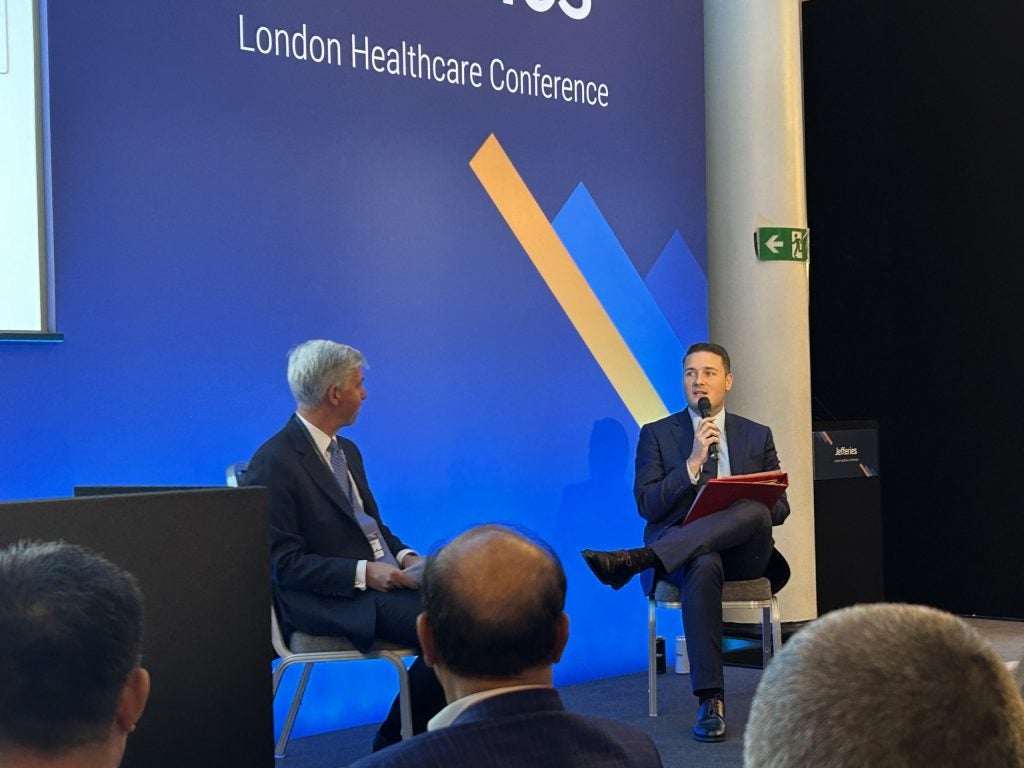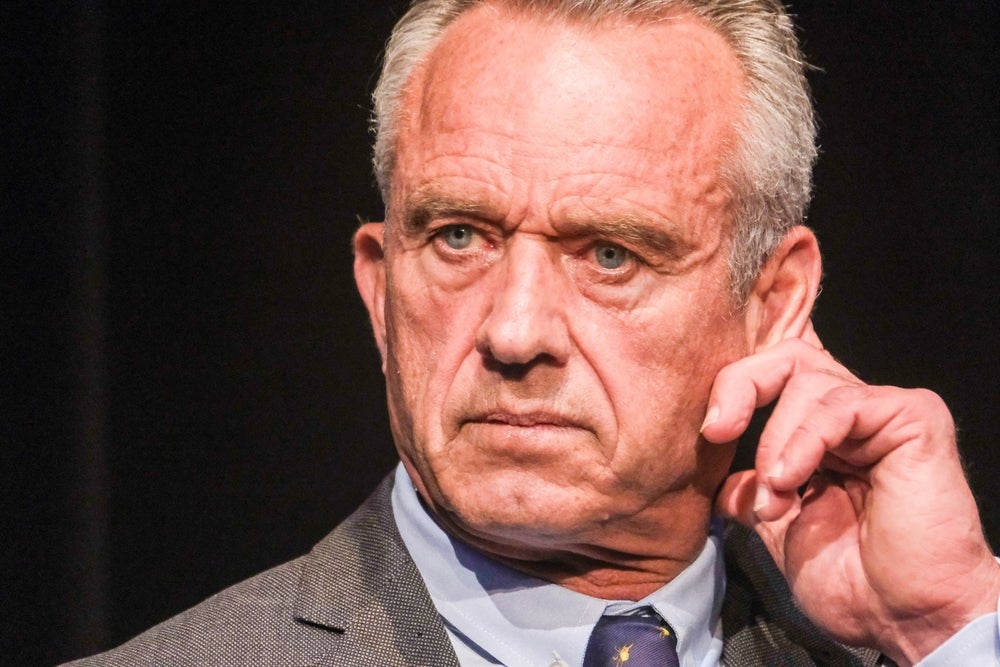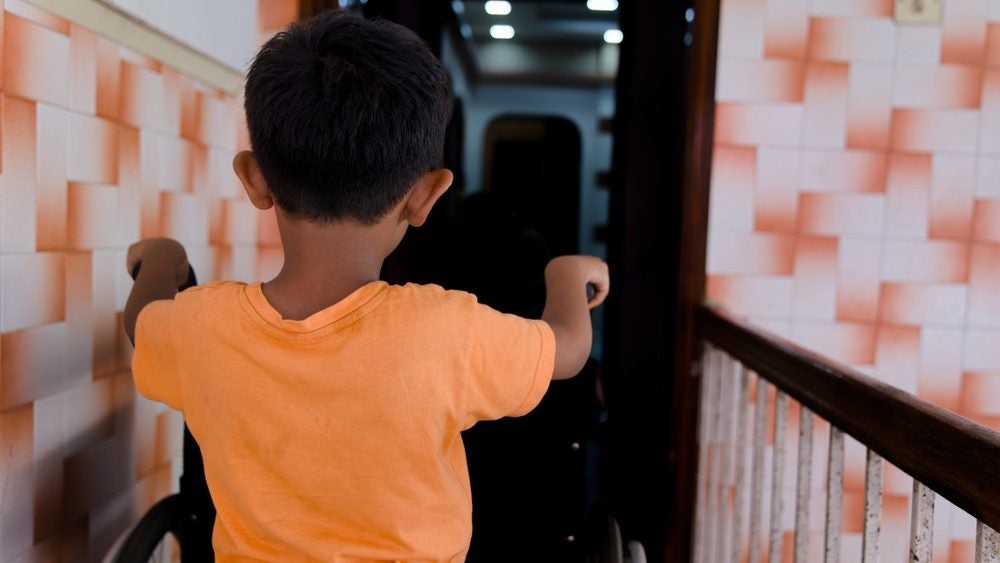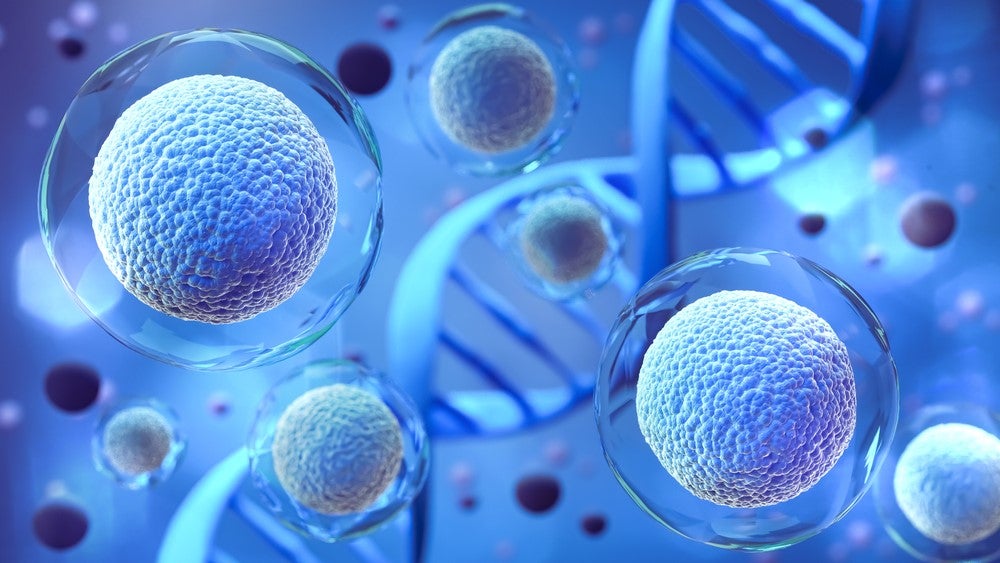The UK’s National Institute for Health and Care Excellence (NICE) has once again rejected Daiichi Sankyo and AstraZeneca's breast cancer drug Enhertu (trastuzumab deruxtecan), marking the third failed attempt to secure a deal for its reimbursement.
Despite months of negotiations and even intervention from the UK’s Health Secretary Wes Streeting, a fair pricing agreement remains off the cards. NICE confirmed in a 19 November statement that talks to negotiate a cost-effective price for Enhertu, a treatment for HER2-low breast cancer, have ended “without an agreement”.
Negotiations between NICE, NHS England, and the drugmakers, have been ongoing since July when NICE issued final guidance rejecting Enhertu over concerns about its cost-effectiveness. The watchdog and NHS England reportedly offered “as much flexibility as possible”, but no agreement was reached.
Even Streeting’s direct involvement failed to break the deadlock. The Cabinet minister met with the breast cancer charity Breast Cancer Now to discuss the issue of Enhertu’s access. “An improved offer, brought to the table by the manufacturers, is the fastest way to get this life-extending drug to patients,” Streeting shared in a post on X on 24 October.
In a statement responding to the latest decision, Streeting said: "We know how disappointing it will be for many families that we have not been able to reach an agreement to offer this on the NHS. I understand that both NICE and NHS England have offered unprecedented flexibilities in negotiations.
"Our door remains open to support the development of medicines at a cost-effective price which can bring benefits to patients across our country.”
This decision has sparked widespread disappointment from patients, advocates, and charities. Breast Cancer Now chief executive Claire Rowney described the outcome as “beyond devastating”, adding: “Despite the Secretary of State’s intervention, and relentless campaigning by women who desperately need access to Enhertu…NICE, NHS England, Daiichi Sankyo and AstraZeneca have failed to make progress towards Enhertu being available for thousands of people with HER2-low secondary breast cancer.”
Enhertu is a potentially life-extending therapy for patients with HER-2 low secondary breast cancer, a subset of the disease with limited treatment options. The drug’s rejection breaks NICE’s six-year streak of 21 positive recommendations for breast cancer treatments, said the watchdog.
Enhertu was approved for use on the NHS in Scotland by the Scottish Medicines Consortium (SMC) in December 2023 and also secured European approval in January 2023.
NICE’s chief executive Dr Samantha Roberts expressed her disappointment in the 19 November statement: “The companies did not put forward a cost-effective price that would have enabled us to recommend Enhertu as value for money for the taxpayer.”
According to GlobalData’s Pharma Intelligence Center, antibody-drug conjugate (ADC) Enhertu is set to generate global sales of $13bn in 2030. It is thought that approximately 1,000 patients could have benefited from the ADC if it had been recommended.
GlobalData is the parent company of Pharmaceutical Technology.
This story has been updated to include Wes Streeting's statement on the decision.
















